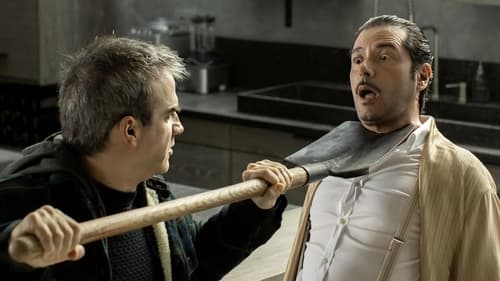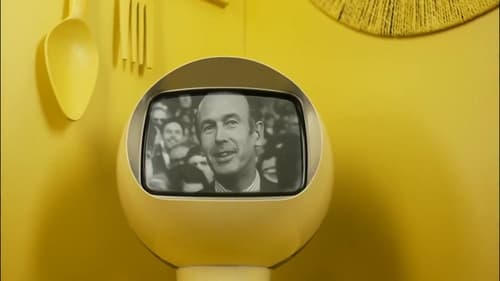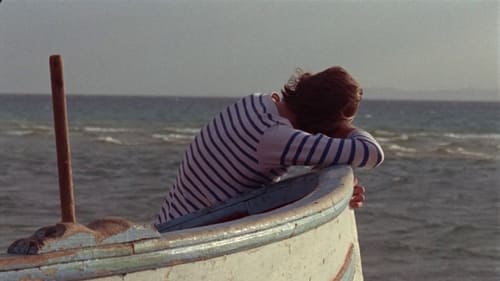Hervé Vilard
출생 : 1946-07-24, Paris, France
약력
Hervé Vilard (born René Villard; 24 July 1946 in Paris, France) is a French pop–singer, who first became famous in the 1960s. His first single "Capri c'est fini" became an international hit in 1965 and rendered him instantaneously famous. The song sold 3.3 million copies.
His long national and international musical career as composer, singer, and stage performer spans four decades. In 1992, in recognition of his contributions to French culture, he was awarded the Ordre national du Mérite in a ceremony at the Parisian Théâtre des Variétés hosted by Jean-Paul Belmondo.
René Vilard was born 24 July 1946 in a taxi which was transferring his mother Blanche to the Saint-Antoine hospital in Paris to deliver. He never met his father who left home soon after the birth of his son. His mother eventually lost custody of her children and young René was sent to an orphanage in Paris. Later he was transferred to the Berry region of France into the custody of various foster homes. Young René became a runaway during that period of his life. Eventually he was moved to the Cher region of France where he met a priest, Father Angrand, who became his mentor and taught him literature and music. In 1991 Vilard bought the monastery at La Celette, where he met Father Angrand and made it his home.
Eventually young René left La Celette for Paris where he met Daniel Cordier, a former member of the French Resistance and Art dealer who later adopted him in 1962. This enabled teenager Vilard to finally remove himself from the state child care system. He started working at various places in Paris including a record store at Champs-Élysées. René wanted to further cultivate his musical talents and started taking singing lessons. During this time he was discovered by an executive working for Mercury Records. The meeting with the executive from Mercury Records led to a meteoric rise in his musical career. His first single Capri c'est fini was released in June 1965 under the Mercury label and instantly became a hit both in France and abroad selling 3.3 million copies and making Hervé Vilard a household name overnight. Capri c'est fini was co-written with Marcel Hurten, and has been described as "eternal" and "written with intensity by Vilard".
Following the success of Capri c'est fini, French newsmagazine France Dimanche offered the singer a deal under which the magazine would help him find his mother. In return, Hervé Vilard gave the magazine exclusive rights to the interviews and the press coverage that would follow a successful reunion. After Vilard accepted the offer, France Dimanche launched a publicity campaign which eventually resulted in Vilard reuniting with his mother. At the same time, the sales of France Dimanche increased substantially. His mother died in 1981.
Building on the success of Capri c'est fini Vilard released two more hits Mourir ou vivre and Fais-la rire which establish him as a successful artist. In 1966, he became the opening act for Claude François, with whom he later went on a European and world tour. After some time, disagreements arose between Vilard and François and their co-operation ended. ...
Source: Article "Hervé Vilard" from Wikipedia in English, licensed under CC-BY-SA 3.0.




